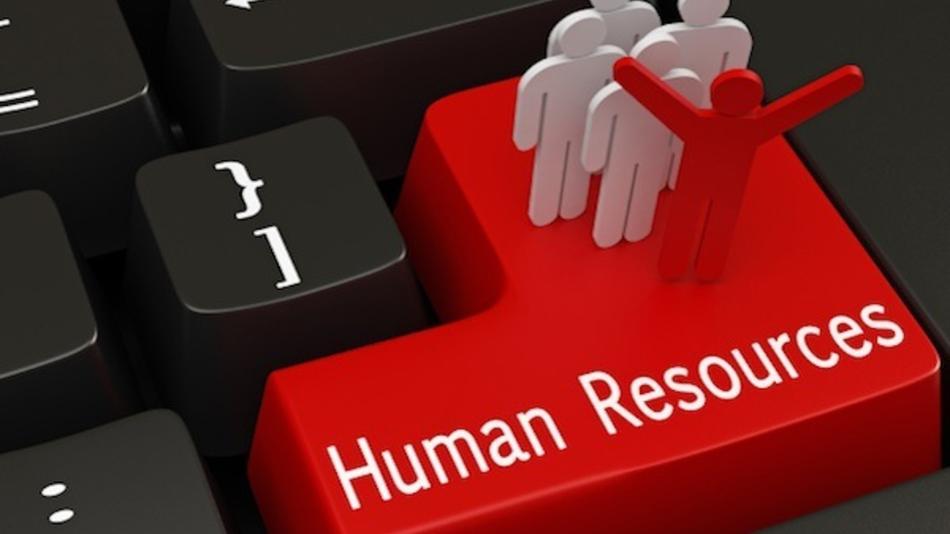Human Resources (HR) is more than just hiring and firing—it’s a multi-faceted function that touches every stage of the employee journey. Whether you're running a small business or managing a large corporation, understanding the different types of HR can help you structure your people operations more effectively.
Here are the five main types of HR functions every organization should know:
1. Strategic HR Management
Strategic HR focuses on aligning HR goals with the overall business strategy. This function looks at the big picture—planning for future talent needs, improving company culture, and driving organizational growth.
Key responsibilities include:
-
Workforce planning
-
Talent pipeline development
-
Organizational design
-
Employer branding
Why it matters: Strategic HR ensures that people decisions support long-term business goals.
2. Recruitment and Staffing
This is one of the most visible types of HR—finding the right talent and placing them in the right roles. It’s about more than just filling vacancies; it’s about building a strong, future-ready team.
Key responsibilities include:
-
Job postings and sourcing candidates
-
Interviewing and hiring
-
Onboarding new employees
-
Internal transfers and promotions
Why it matters: Effective recruitment brings in top talent and reduces turnover.
3. Compensation and Benefits
Also known as total rewards, this HR type focuses on what employees receive in exchange for their work—from salaries to healthcare to bonuses and perks.
Key responsibilities include:
-
Salary structures and pay equity
-
Benefits administration (health insurance, pensions, etc.)
-
Leave and holiday management
-
Payroll processing
Why it matters: A fair and attractive compensation strategy is essential for retaining top performers.
4. Training and Development
This function focuses on growing your people. From technical skills to leadership training, it's about helping employees improve their performance and advance their careers.
Key responsibilities include:
-
Employee onboarding and orientation
-
Skills development programs
-
Leadership coaching
-
Learning management systems (LMS)
Why it matters: When employees grow, so does your organization.
5. Employee Relations and Compliance
This is the HR department’s role in maintaining a healthy, productive, and lawful workplace. It involves resolving conflicts, maintaining discipline, and ensuring policies follow labor laws.
Key responsibilities include:
-
Employee feedback and grievance handling
-
Workplace investigations
-
Policy creation and enforcement
-
Legal compliance (e.g., NSSF, NHIF, SHIF, employment law)
Why it matters: Strong employee relations foster trust, reduce legal risks, and build a healthy work culture.
Conclusion
HR is not a one-size-fits-all function. These five types—Strategic HR, Recruitment, Compensation, Development, and Employee Relations—work together to attract, retain, and empower your workforce.
Understanding each function helps businesses create a well-rounded, efficient HR team that supports both people and performance.
Need Help Managing Your HR Processes?
Whether you need help with payroll, compliance, recruitment, or performance tracking, FaidiHR has a solution for you.
Call us today at +254 702 339 699
Email: sales@faidihr.com
Let us help you simplify HR, so you can focus on growing your business.





